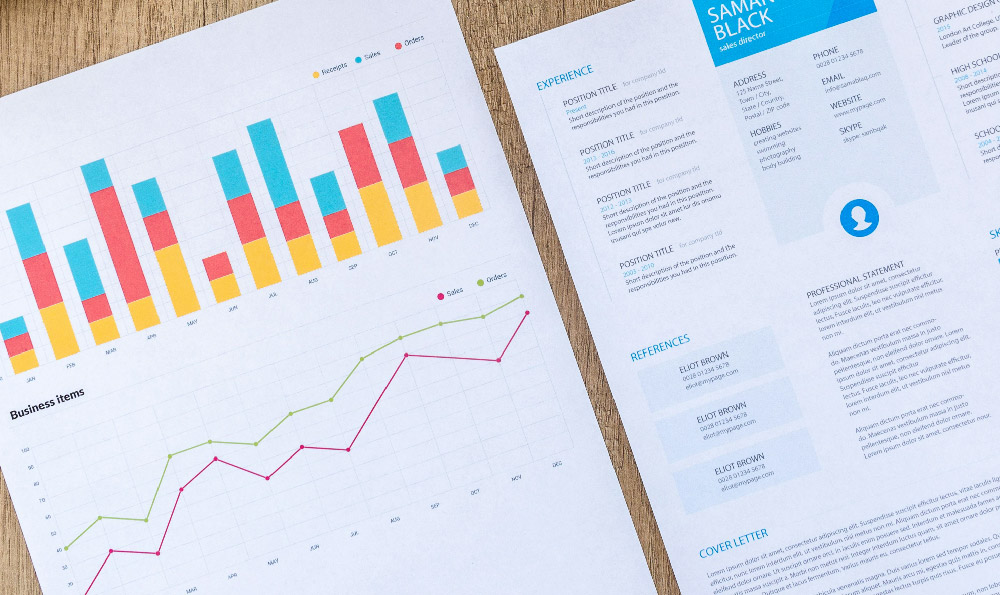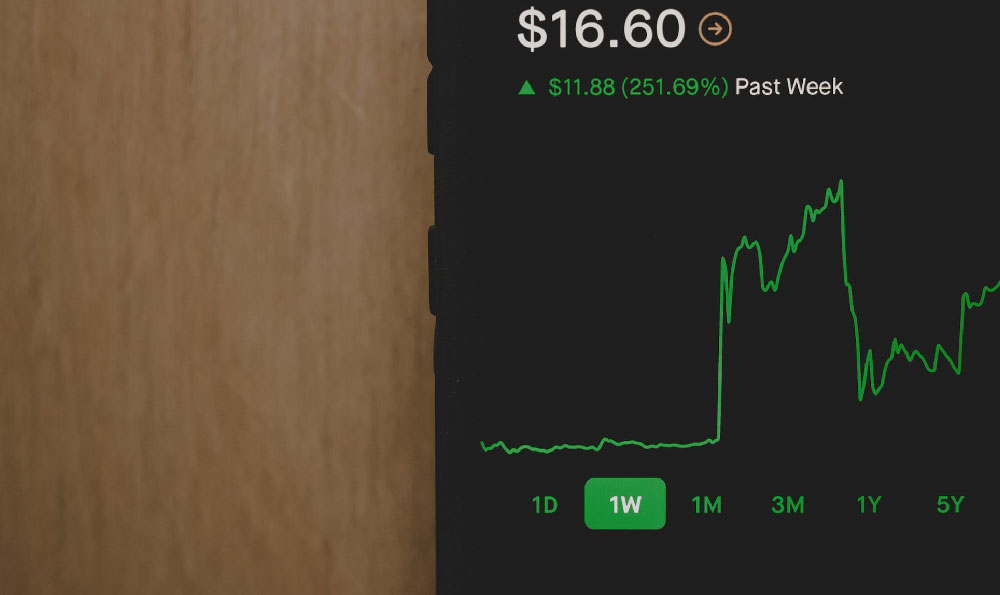Navigating the world of investment property loans can feel like traversing a complex maze, particularly when aiming to maximize returns and minimize potential risks. The “right” loan is rarely a universal answer, as it depends heavily on your individual financial circumstances, investment goals, risk tolerance, and the specific property in question. Understanding the nuances of different loan types is crucial to making an informed decision that aligns with your long-term financial strategy.
One of the first considerations should be whether to opt for a fixed-rate or adjustable-rate mortgage (ARM). Fixed-rate mortgages offer predictability. Your interest rate remains constant throughout the loan term, providing stability and making budgeting easier. This is particularly attractive in a rising interest rate environment. You know exactly what your monthly payments will be, allowing for accurate forecasting of rental income and expenses. However, fixed-rate mortgages typically come with higher initial interest rates compared to ARMs.
Adjustable-rate mortgages, on the other hand, feature a lower initial interest rate that is fixed for a specific period (e.g., 5/1 ARM, 7/1 ARM, or 10/1 ARM) before adjusting periodically based on a benchmark interest rate, such as the Secured Overnight Financing Rate (SOFR) plus a margin. ARMs can be advantageous if you anticipate interest rates will remain stable or even decrease during the initial fixed-rate period. They can also be suitable if you plan to sell the property or refinance the loan before the interest rate adjusts. However, ARMs carry the risk of rising interest rates, potentially increasing your monthly payments and impacting your profitability. Therefore, a thorough assessment of the current economic climate and future interest rate projections is essential before choosing an ARM.

Beyond the interest rate structure, consider the various types of lenders offering investment property loans. Traditional banks and credit unions are often the first port of call for many investors. They typically offer competitive interest rates and a wide range of loan products. However, they also tend to have stricter qualification requirements, including higher credit scores, lower debt-to-income ratios, and larger down payment requirements.
Alternatively, mortgage brokers can connect you with a variety of lenders, including smaller banks, credit unions, and private lending institutions. Brokers can save you time and effort by shopping around for the best rates and terms on your behalf. They are especially useful when dealing with unconventional properties or complex financial situations.
Private lenders and hard money lenders offer short-term financing options for investment properties. These lenders typically charge higher interest rates and fees but have more flexible qualification requirements. They are often used for fix-and-flip projects or situations where quick funding is needed. Due to the higher costs, private lending should be used strategically and with a clear exit strategy in place.
Another crucial factor to consider is the loan-to-value (LTV) ratio. LTV represents the percentage of the property's value that you are borrowing. Investment property loans typically require higher down payments compared to primary residence mortgages, often ranging from 20% to 30% or even higher. A higher down payment not only reduces your borrowing costs but also provides a larger equity cushion, which can be beneficial if the property's value declines.
Furthermore, consider the loan term. Shorter loan terms, such as 15-year mortgages, result in higher monthly payments but lower overall interest paid over the life of the loan. Longer loan terms, such as 30-year mortgages, offer lower monthly payments but accumulate more interest over time. The optimal loan term depends on your cash flow objectives and long-term investment goals. If you prioritize maximizing cash flow, a longer loan term may be preferable. If you aim to minimize interest expense and build equity faster, a shorter loan term may be more suitable.
Analyzing the potential tax implications of different loan types is also crucial. Mortgage interest is typically tax-deductible, which can significantly reduce your taxable income. Consult with a tax advisor to understand the specific tax benefits available to you based on your individual circumstances.
Finally, thoroughly review the loan terms and conditions before committing to any loan. Pay close attention to prepayment penalties, late payment fees, and any other potential costs. Understand the lender's requirements for property insurance, appraisals, and other related expenses.
In conclusion, selecting the “right” investment property loan requires a comprehensive understanding of your financial situation, investment objectives, and the nuances of different loan types. There isn't a universally superior loan; instead, it's about tailoring your choice to your particular needs and risk tolerance. Consulting with a qualified mortgage professional and financial advisor can provide valuable insights and help you navigate the complexities of investment property financing, ultimately contributing to your long-term financial success. Diligence and careful planning are your best defenses in securing a loan that will enable you to build a profitable and sustainable real estate investment portfolio.












